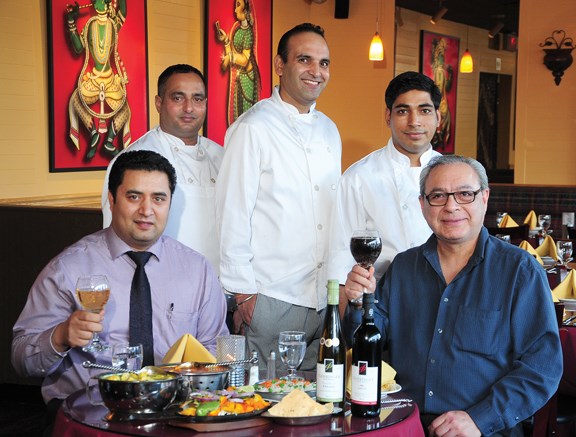So much of how we experience life depends on our perspective.
For example, at least four times a week my neighbour’s car alarm goes off, activated by something trivial like the emphatic sneeze of a squirrel in a nearby tree. I must confess that I do not rush to my window to investigate what nefarious activity might have triggered the car alarm.
Rather, I secretly hope that if the vehicle is, in fact, being stolen, the thief will do his work quickly such that the obnoxious sound of the alarm will desist as soon as possible. Notwithstanding the rare occasion upon which it is issued as a proactive warning, a car horn is generally an offensive or aggressive sound in western society.
By way of contrast, I recall my first experience with traffic on the highways of Delhi, India. Roughly eight lanes of traffic populated a narrow thoroughfare heading to the neighbouring province of Haryana, with cars, trucks and motorcycles weaving into oncoming vehicle flow at will.
I hope to never again see headlights approaching my own vehicle at such a ludicrous speed, only to veer three lanes over at the last possible moment, as if the intention all along had been to make my heart surface through my throat. Large trucks on the Delhi highway, painted in bright, swirly patterns, bore a “Honk Please” message on their rear panels.
The sound of blaring car horns was constant on those northern Indian roads. Unlike here, where the car horn is perceived as an irritant, in India it is a vital mode of communication, a warning issued by one driver to another that some sort of roadway maneuver is about to be attempted. In Indian traffic, fearing for my safety, I relished the use of the car horn.
This notion of relative perspective was brought to my attention again recently when I visited Handi Cuisine of India at their new location on Bellevue Avenue in West Vancouver. I had not been to this new, smaller room before and was immediately struck by the intimacy of the place relative to the giant space that the restaurant occupied just six months before.
As I sat at a table tucked into the far corner of the room sipping a bottle of Kingfisher beer and awaiting my meal, I chatted with Handi owner Par Maroki, who was winding down the evening’s service following an early dinner rush. Maroki confessed to me his unequivocal joy at having downsized Handi from a sprawling, 160-seat behemoth of a room to a modest and cosy 50-seat boîte.
I proffered that surely the downsizing was tough on his bottom line, but Maroki assured me that the reduced space was exactly what he had been looking for; it proved to be more manageable, affording easier direct engagement with guests, and requiring fewer staff to make it work.
In this age of big business where expansion seems to be the requisite pursuit of entrepreneurs the world over, Maroki’s return to a simpler business model is refreshing. The new, smaller Handi benefits from nice lighting and tasteful wooden floors, colourful wall art and conversation-worthy custom flatware of heavy, braided metal.
And, I am pleased to report, the restaurant’s change in size and location has not impacted the quality of the food; the dishes I sampled were as tasty as ever, generously portioned, and packed the sort of intense flavours I have come to expect from good-quality Indian food.
My meal began with an appetizer of Paneer Pakora, coarsely formed dumplings of firm Indian cheese dipped in a light batter and deep-fried. The batter revealed bold notes of asafetida, an unmistakably deep and pungent ingredient sourced from the roots of the Ferula shrub; its vaguely garlic-like flavour is, in my opinion, one of the hallmarks of Indian cuisine.
Next up was a main course of Chili Prawns, billed as a signature menu item. The dish consisted of six enormous butterflied prawns that had been rubbed in an eye-catching reddish spice paste and grilled in the tandoor.
The prawns were succulent and spicy, their slightly charred tips adding another layer of flavour complexity. The prawns were accompanied by an assortment of seasonal vegetables in a simple tomato-based masala, green salad, rice, and hot, chewy naan.
I ordered a seafood biryani as an additional side to my meal and was pleased with the level of heat it boasted. Long grain basmati rice was steeped in a complex spice paste and mixed with an ample amount of fried onion, garlic, vegetables and a handful of gently sautéed prawns. The dish was substantial and, with its significant prawn content, represented very good value at $19.95.
My meal of one appetizer, two mains, naan and a beer came to $68 before gratuity. Handi Cuisine of India is at 1579 Bellevue Ave., West Vancouver. handicuisine.com
Chris Dagenais served as a manager for several restaurants downtown and on the North Shore. A self-described wine fanatic, he earned his sommelier diploma in 2001. Contact: [email protected].



